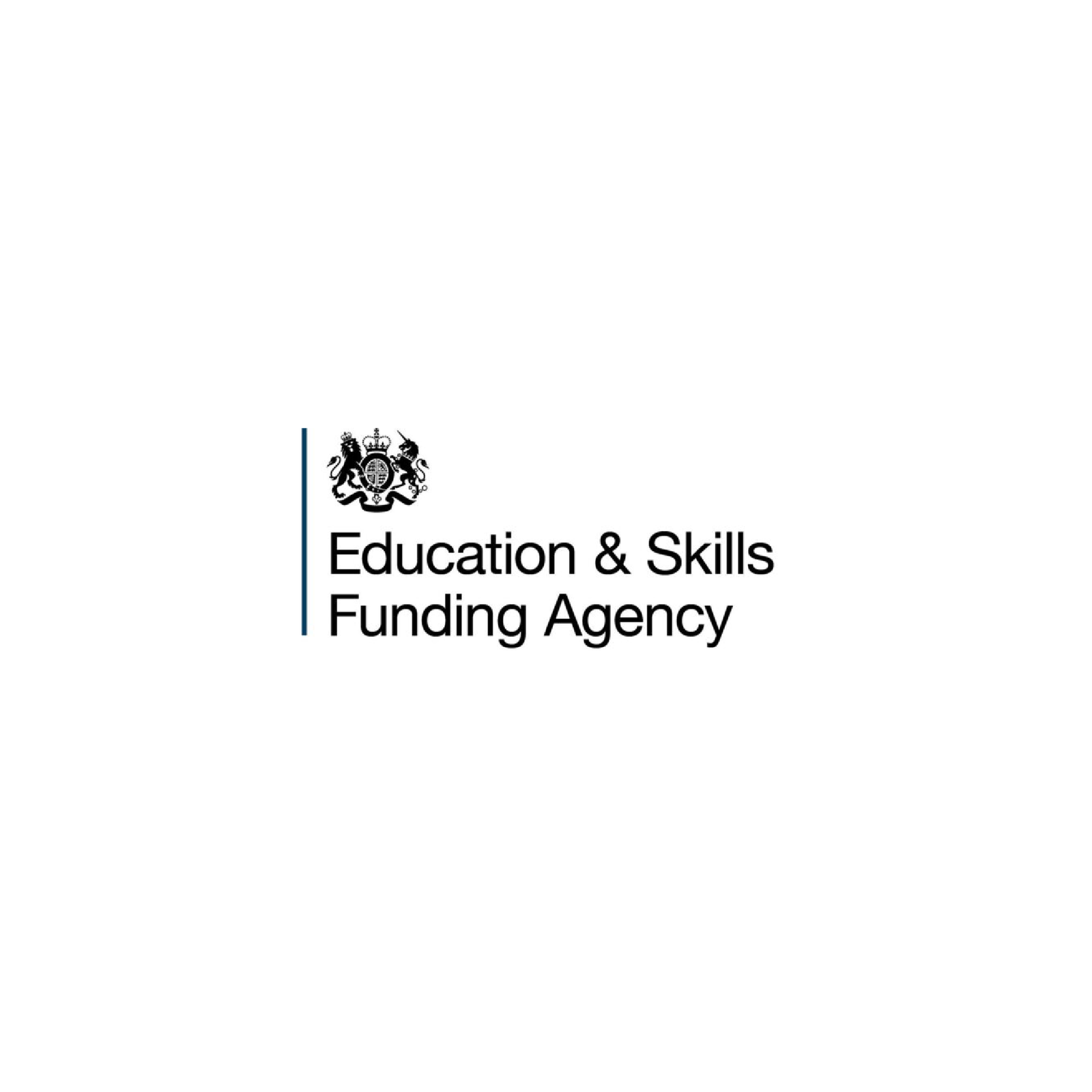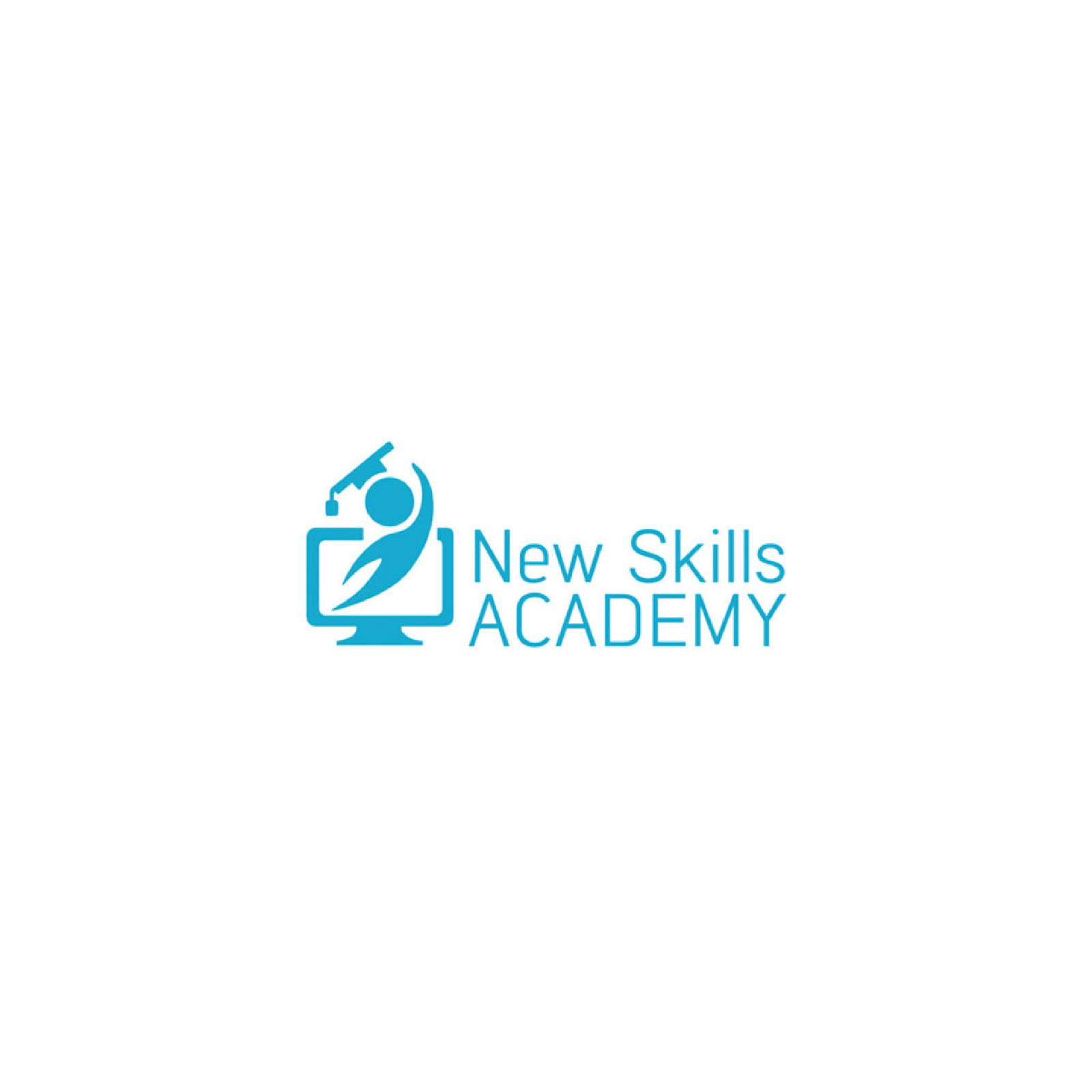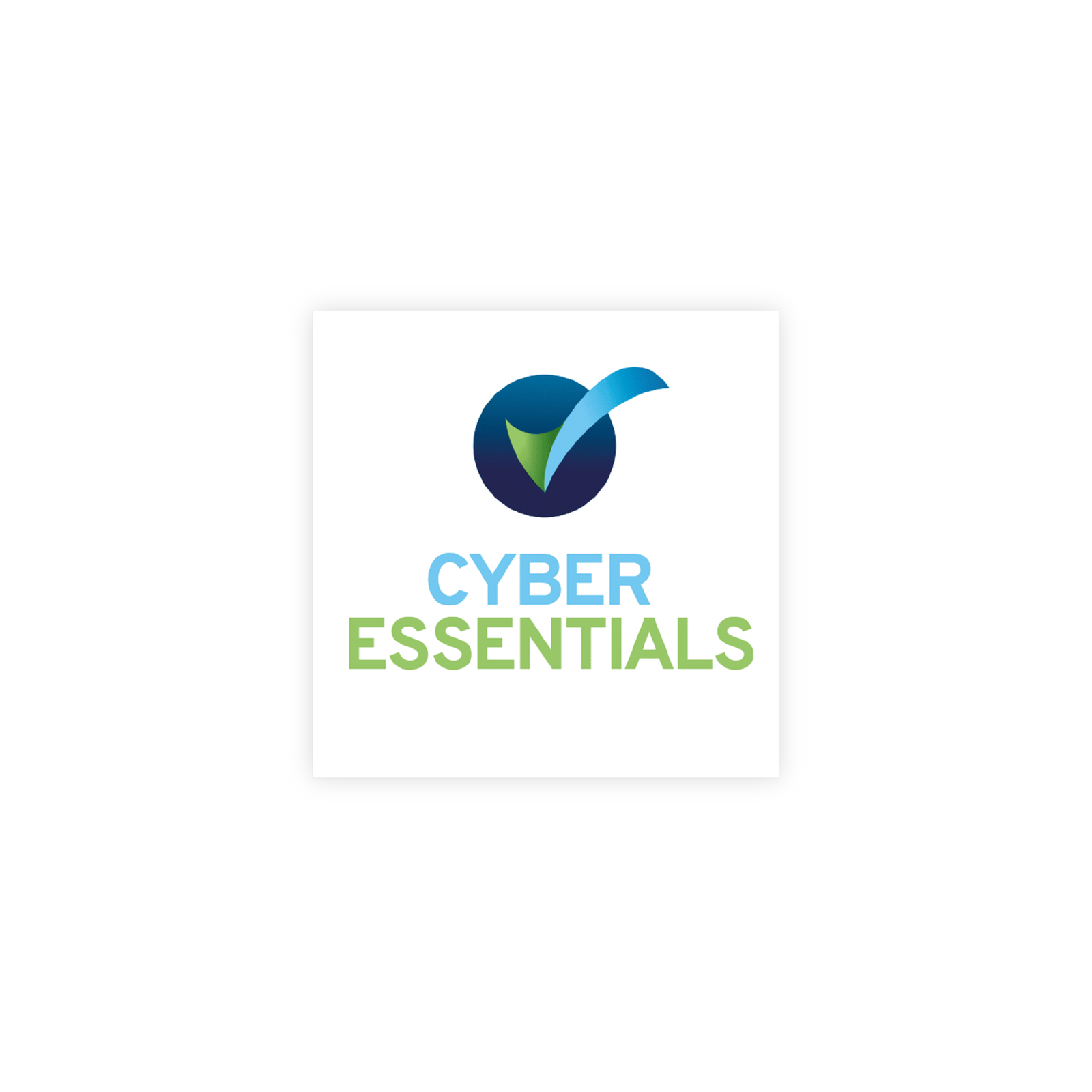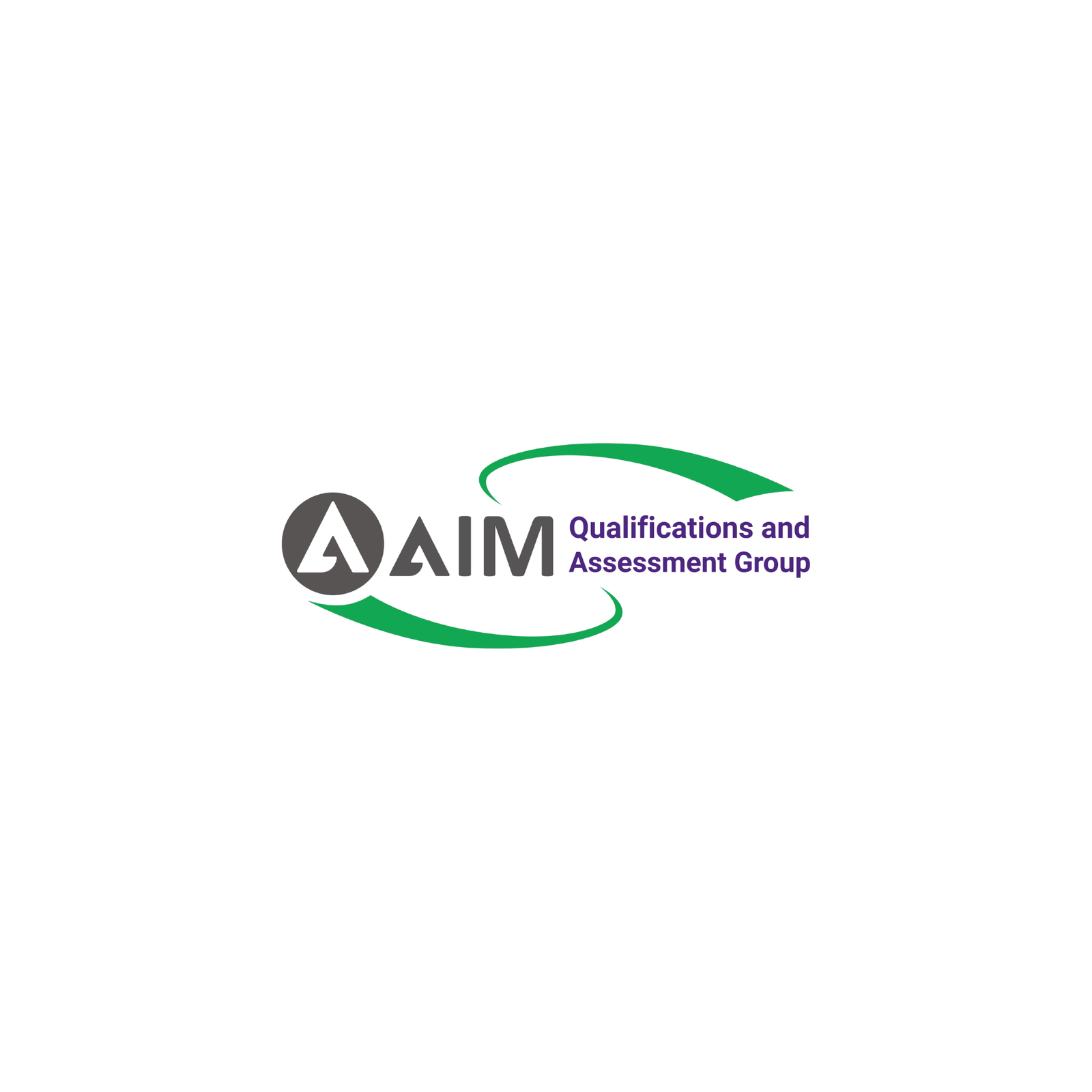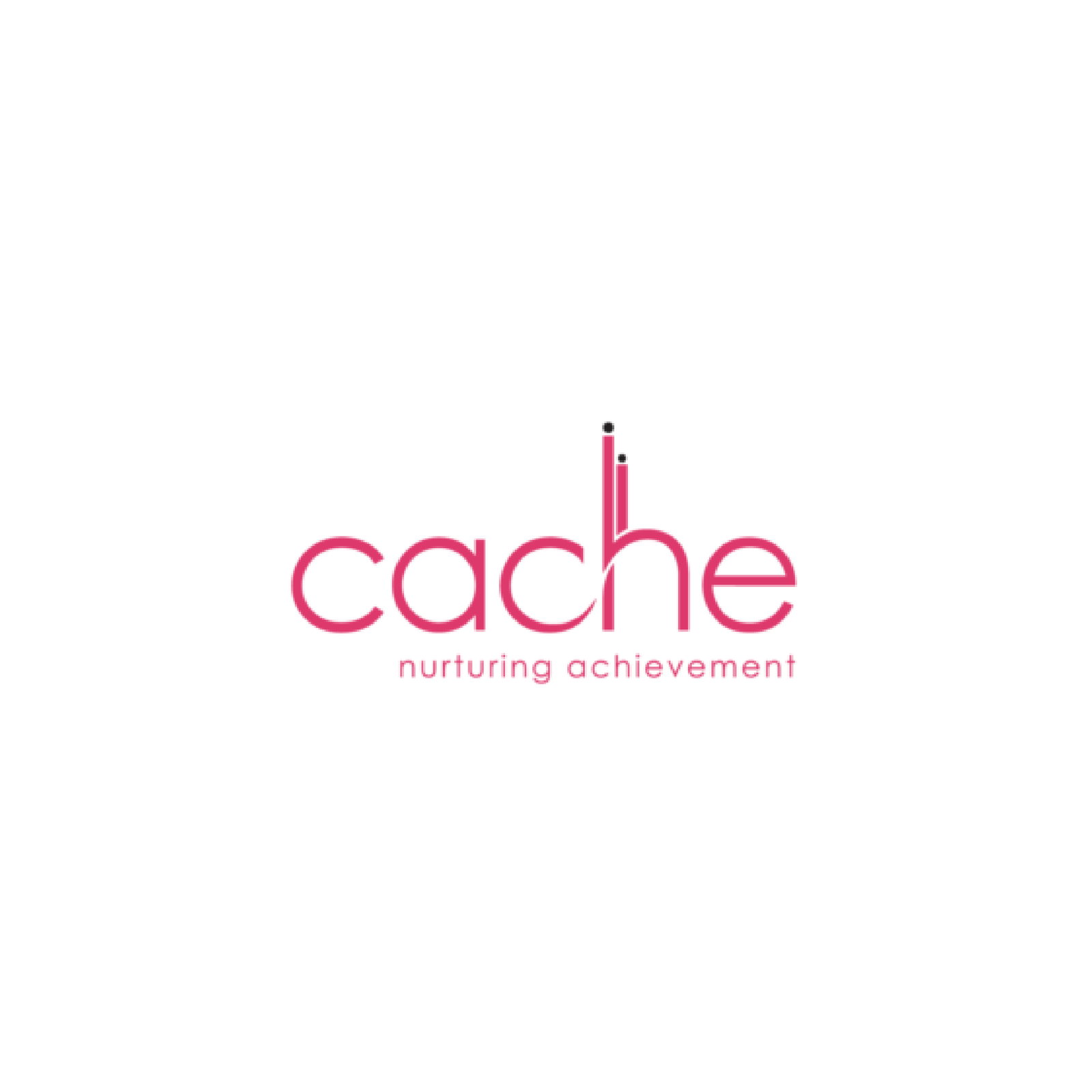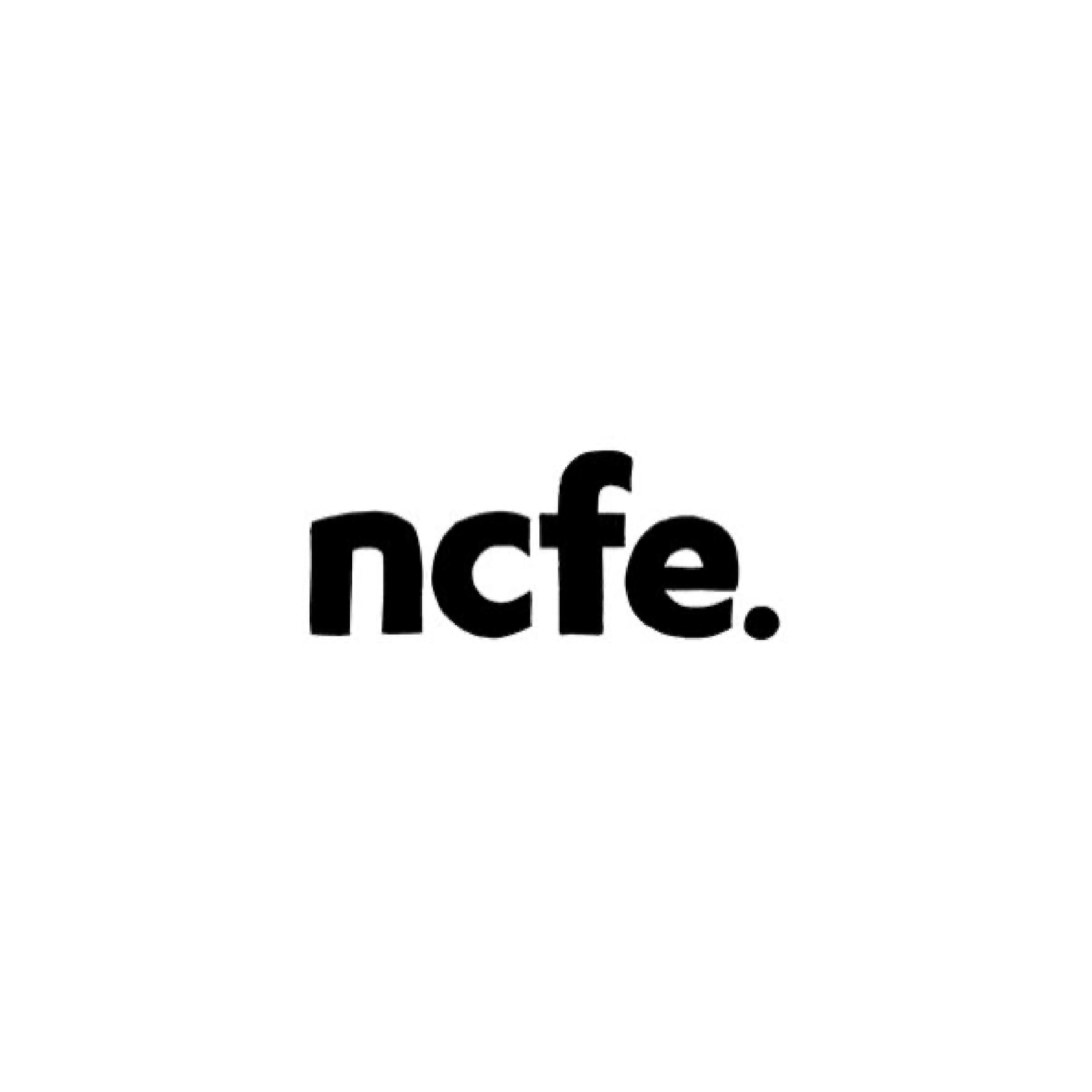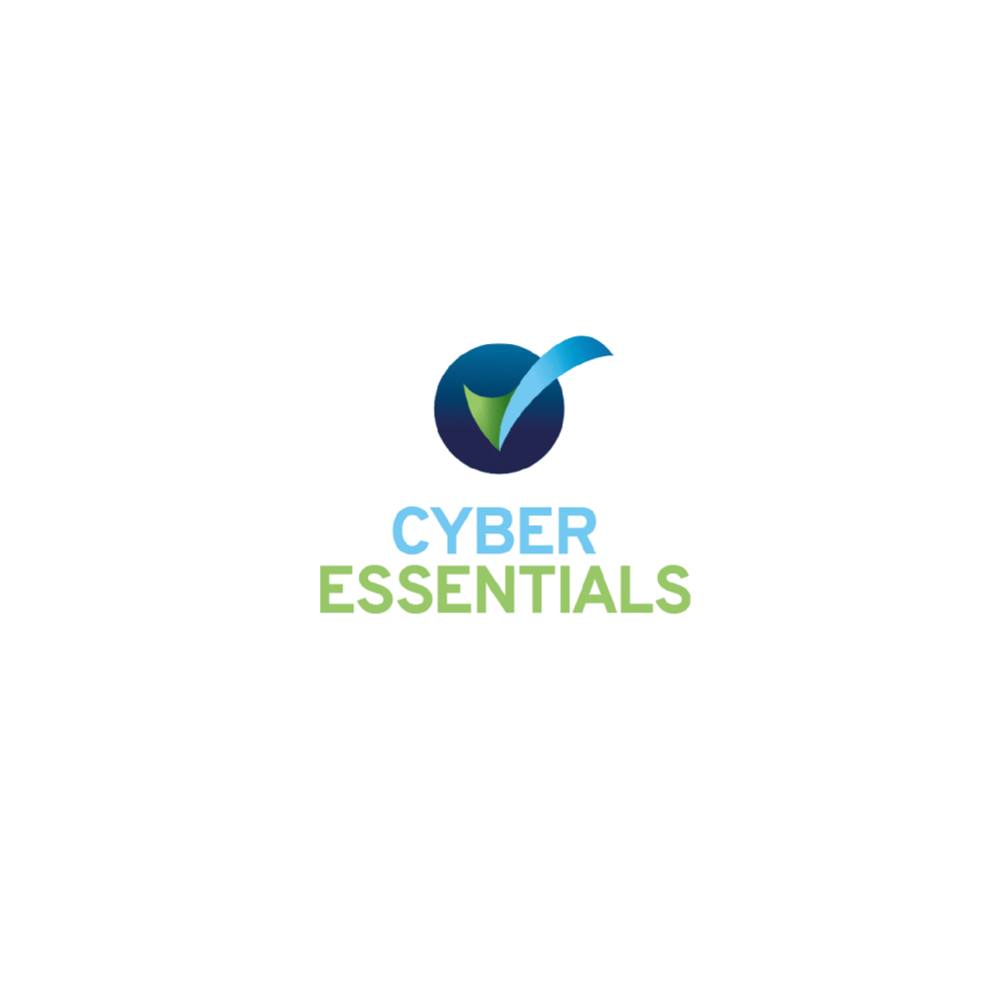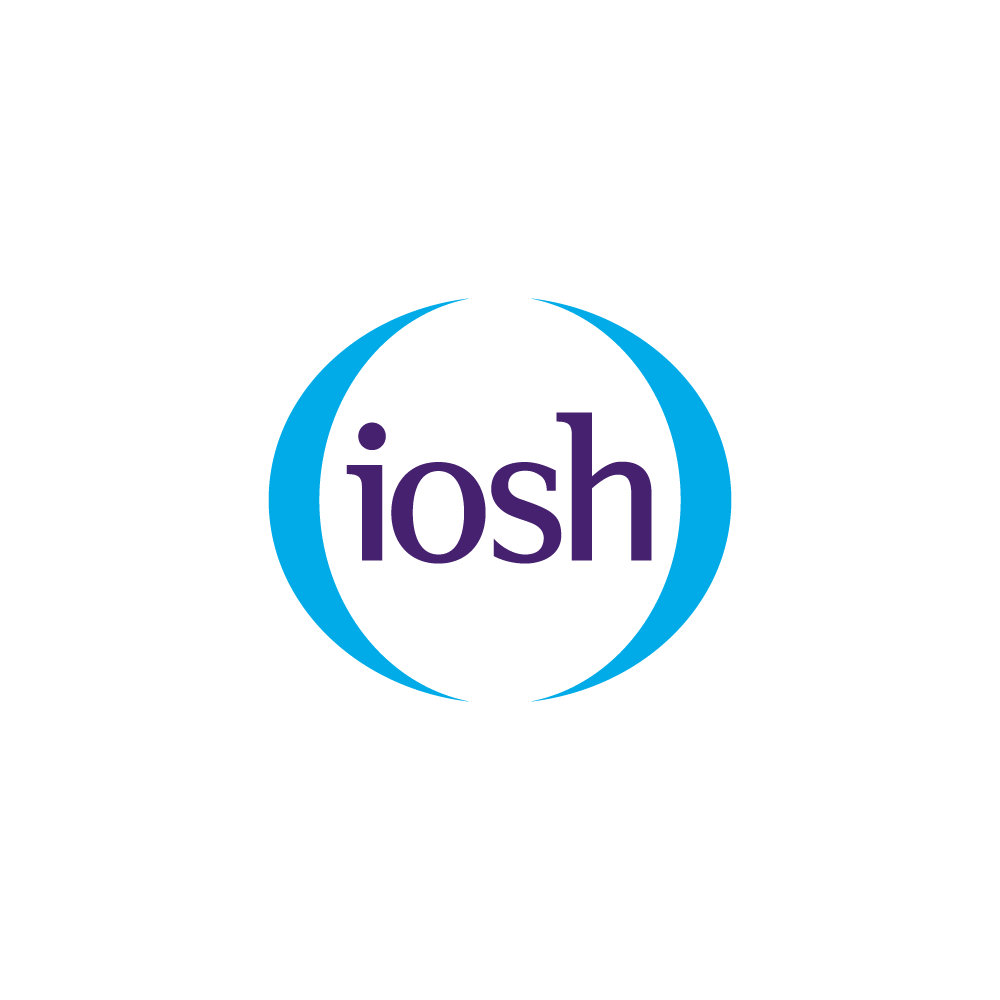PROGRAMMES
Check out some of the programmes we are currently delivering or have delivered.
Study Programme 16-18 Years Old
A Study Programme is a comprehensive and individualised educational initiative tailored to support young people aged 16 to 18 who are not currently in education, employment, or training (often referred to as NEET). The primary goal of these programmes is to offer a pathway to either higher education or employment through a combination of academic learning, vocational training, and the development of crucial employability skills.
A Study Programme typically encompasses a variety of components, including:
Study Programmes can offer several benefits to young people aged 16 to 18:
Stay updated with the latest news, exclusive deals, and insightful tips by subscribing to our newsletter – your gateway to all things exciting at Skills Pad! Sign up now and never miss a beat.
Traineeships 16-24 Years Old
Work Placement
This is a substantial part of the Traineeship, where the young person can work with an employer in a real-life work environment. The aim is to provide meaningful work experience that can make the individual more appealing to employers.
Work Preparation Training:
This includes learning how to write a CV, how to prepare for an interview, and other essential skills needed to get a job. This training also aims to improve literacy, numeracy, and digital skills if needed.
English and Maths:
If the trainee does not have GCSE grade A*-C (or grade 9-4) in English and Maths, then they will receive help to improve in these areas.
Traineeships can offer numerous benefits to young people aged 16 to 24
Adult Education
Adult Education refers to the practice of teaching and educating adults. It is a diverse field that can encompass everything from basic literacy education to vocational training to lifelong learning opportunities. Adult Education is designed for individuals aged 19 and over who may want to acquire new skills, switch careers, earn a certification, or simply engage in learning for personal enrichment. Under the Adult Education Budget (AEB), funding is allocated to provide adults with the skills and learning they need to equip them for work, an apprenticeship, or other learning. The AEB aims to support adults to gain the skills necessary for employment, to progress in their current career, or to achieve personal learning goals.
Read what our Adult Learners have to say about the training we have delivered to them
PROGRAMMES
Check out some of the programmes we are currently delivering or have delivered.
Study Programme 16-18 Years Old
A Study Programme is a comprehensive and individualised educational initiative tailored to support young people aged 16 to 18 who are not currently in education, employment, or training (often referred to as NEET). The primary goal of these programmes is to offer a pathway to either higher education or employment through a combination of academic learning, vocational training, and the development of crucial employability skills.
A Study Programme typically encompasses a variety of components, including:
Study Programmes can offer several benefits to young people aged 16 to 18:
Stay updated with the latest news, exclusive deals, and insightful tips by subscribing to our newsletter – your gateway to all things exciting at Skills Pad! Sign up now and never miss a beat.
Traineeships 16-24 Years Old
Work Placement
This is a substantial part of the Traineeship, where the young person can work with an employer in a real-life work environment. The aim is to provide meaningful work experience that can make the individual more appealing to employers.
Work Preparation Training:
This includes learning how to write a CV, how to prepare for an interview, and other essential skills needed to get a job. This training also aims to improve literacy, numeracy, and digital skills if needed.
English and Maths:
If the trainee does not have GCSE grade A*-C (or grade 9-4) in English and Maths, then they will receive help to improve in these areas.
Traineeships can offer numerous benefits to young people aged 16 to 24
Adult Education
Adult Education refers to the practice of teaching and educating adults. It is a diverse field that can encompass everything from basic literacy education to vocational training to lifelong learning opportunities. Adult Education is designed for individuals aged 19 and over who may want to acquire new skills, switch careers, earn a certification, or simply engage in learning for personal enrichment. Under the Adult Education Budget (AEB), funding is allocated to provide adults with the skills and learning they need to equip them for work, an apprenticeship, or other learning. The AEB aims to support adults to gain the skills necessary for employment, to progress in their current career, or to achieve personal learning goals.




